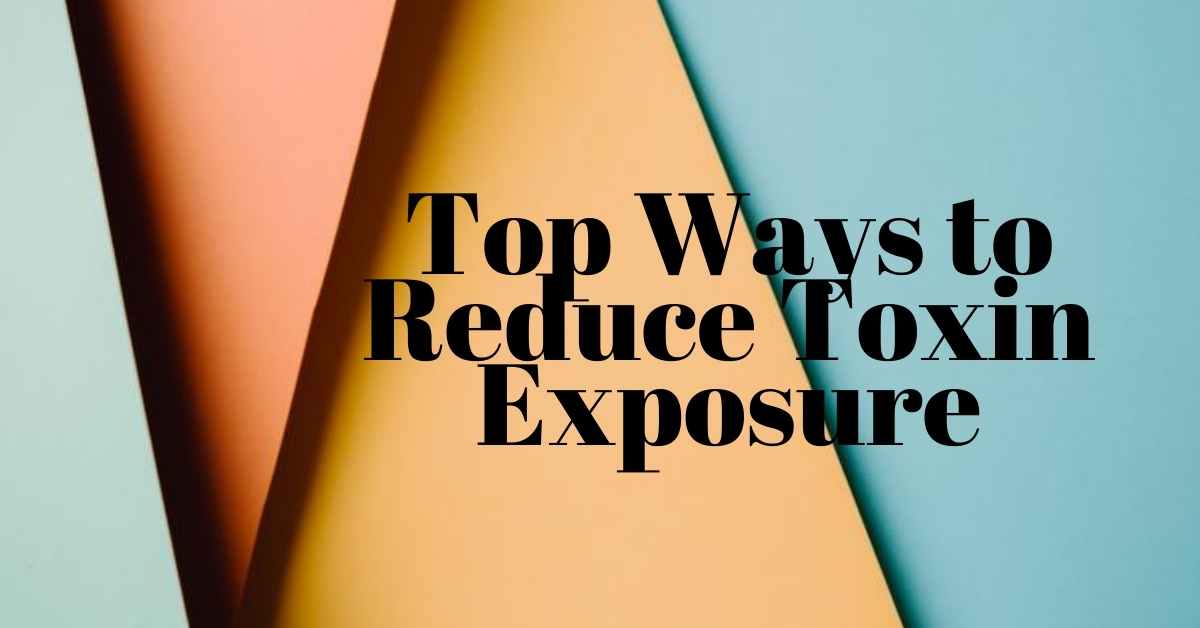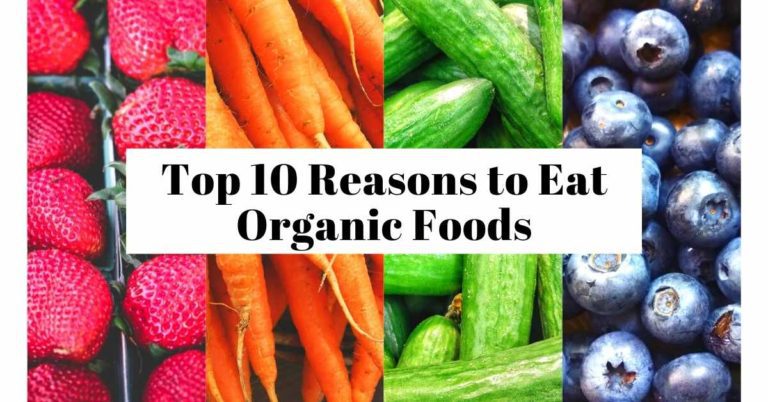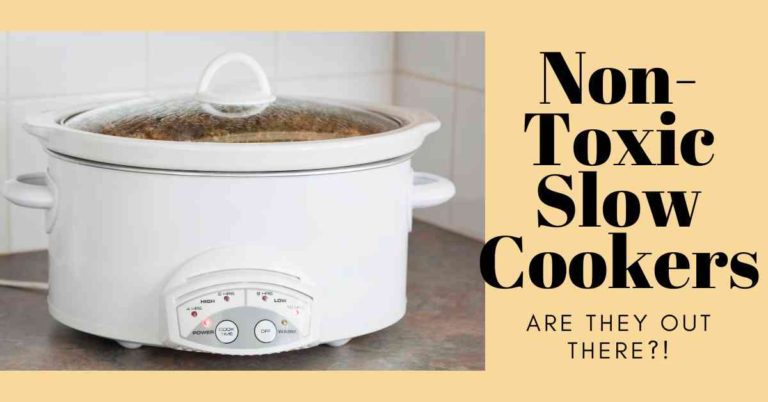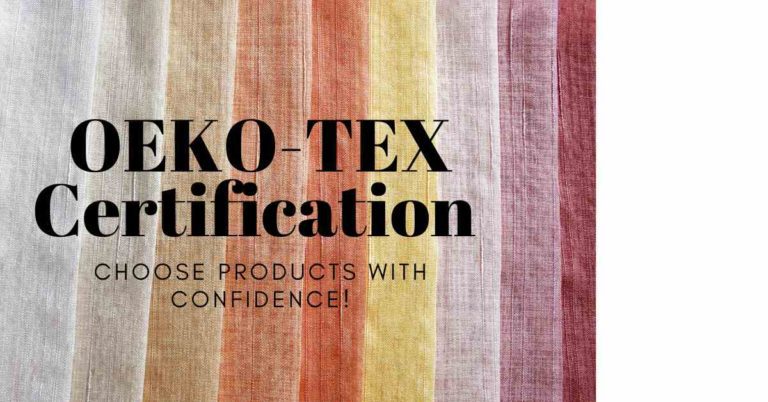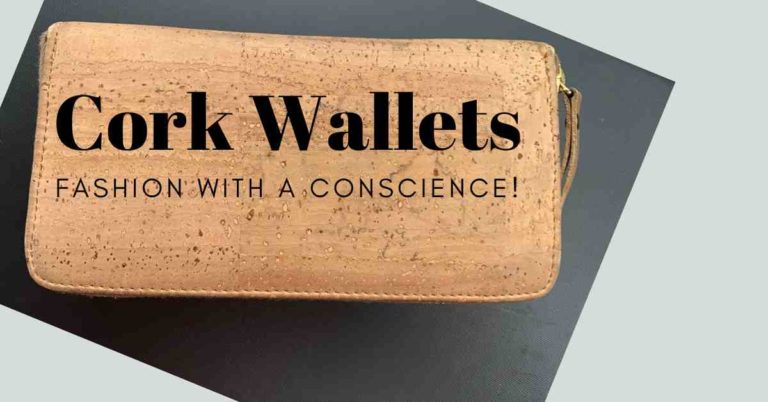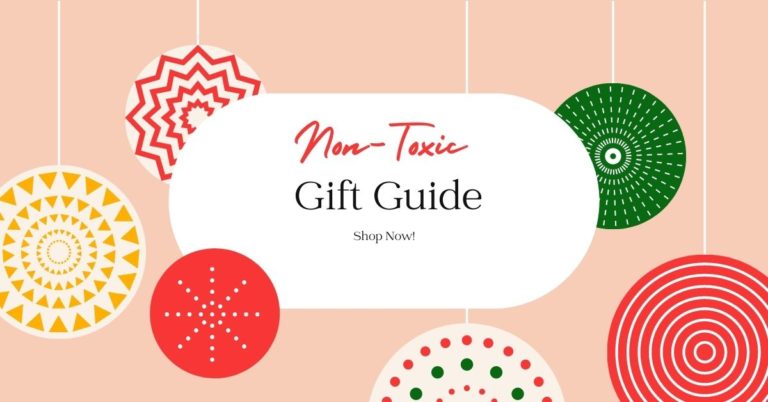Top 17 Ways to Reduce Toxin Exposure and Live a More Non-Toxic Life!
Our lifestyles today expose us to more chemicals than ever before. These chemicals can accumulate in our bodies and potentially cause harm. Making small changes in our everyday lives can help reduce toxin exposure and improve our overall health.
The five areas of our lives that have the biggest impact on our exposure to toxins are:
1. Water we drink
2. Air we breathe in
3. Food we eat
4. Personal care products
5. Environment we live in
Making even small changes in these areas can help reduce our total body burden and bioaccumulation of potentially harmful chemicals. Before we get into learning about the 17 ways to live a more non-toxic lifestyle let’s go over some key terms and learn how our body naturally detoxes.
What is body burden and bioaccumulation?
Body burden is the total amount of toxins that have accumulated in our body from all sources, both external and internal. Toxins can come from the food we eat, the water we drink, the air we breathe, and the products we use on our skin.
When toxins enter our body, they are distributed throughout our tissues and organs, where they can accumulate over time. This accumulation of toxins is known as bioaccumulation.
Doesn’t the body naturally remove toxins?
Yes, our body is a miraculous thing, and has its own mechanisms for removing toxins. We have a liver that detoxifies our blood, kidneys that filter our urine, and skin that eliminates toxins through sweat.
However, our body was not designed to handle the sheer volume of toxins that we are exposed to on a daily basis. As a result, our body’s ability to remove toxins is overwhelmed, and they begin to accumulate in our tissues and organs.
Top 17 Ways to Reduce Toxin Exposure
Below are the priority areas to focus on to reduce your body’s burden of toxins, along with the top 17 ways to reduce toxin exposure for yourself and your family. The top priority is water, air, and food so the things going in your body.
You will see I reference EWG tools a few times which stands for the Environmental Working Group. They know it takes years and decades for regulations to be put in place and for companies and the government to take action so they’ve empowered people to take matters into their own hands by providing helpful resources to limit your exposure to toxins.
Water We Drink
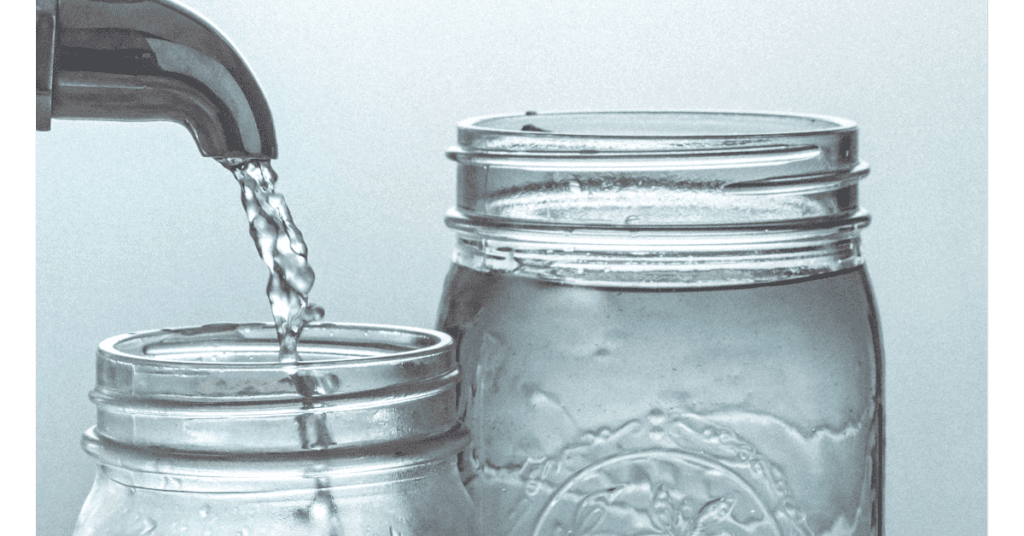
Both well and city water can contain contaminants like lead, chlorine, PFAs, pesticides. You may think if you have city or tap water then no changes need to be made, but it’s important to check out your water quality.
Here are the actions steps to take today:
- Check your water quality. Go to EWG water tap database to find out what pollutants are in your tap water.
- Get a water filter
Air We Breathe In

We spend most of our time indoors and air pollution is higher indoors than outdoors. We can be exposed to chemicals from various household materials like candles, flooring, cooking, cabinets, shower curtains.
Here are the action steps to take today:
- Open your windows
- Use fans and don’t forget about your overhead fan when you cook
- Ensure you are changing out your furnace filter on a regular basis
- If your budget allows for it you could look into air filters and place in your bedroom or the room you use most often
- Do not use products that list fragrance or parfum
Food We Eat
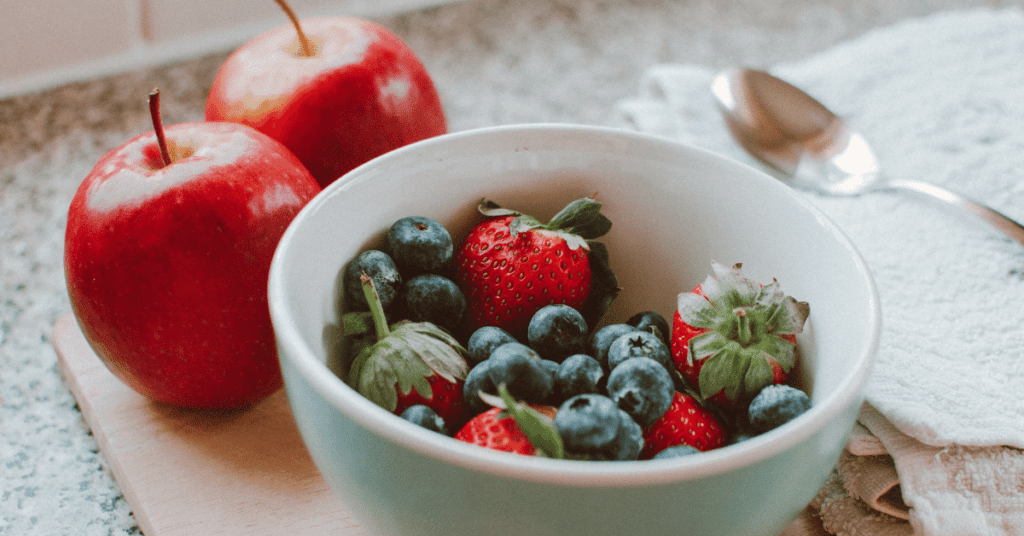
You should try to purchase organic products to reduce your exposure to pesticides and antibiotics. If you can’t buy organic, don’t worry about it; keep eating your fruits and veggies since the advantages outweigh the risk of pesticides.
Here are the action steps to take today:
- Review the EWG’s Dirty Dozen list to know what products have the most pesticides and should be ideally purchased as organic. Bookmark on your phone or print off so when you are shopping you can view what to prioritize buying organic.
- Review the EWG’s Clean 15 list to know what products have the least amount of pesticides so better option for not needing to purchase as organic. Bookmark on your phone or print off so when you are shopping you can view what to prioritize buying organic.
- Wash your produce before eating, or use a vinegar soak to remove some pesticides.
- If your produce tends to go bad before you can eat it, try purchasing organic frozen veggies and fruits so you aren’t wasting your money. These are flash frozen which holds in the nutrients.
Personal Care Products
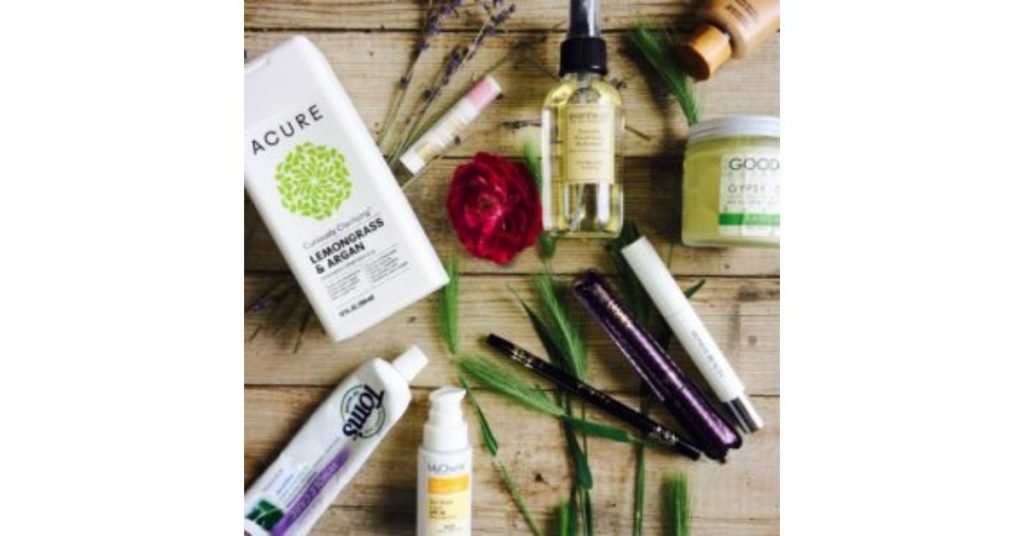
Many people put on hundreds of ingredients a day on their skin from the various personal care products being used so it’s important to choose products with ingredients that are a healthier option.
Here are the action steps to take today:
- Download the EWG Healthy Living app so once you run out of a product you can use the app and easily find a low toxic ranking product.
Environment We Live In
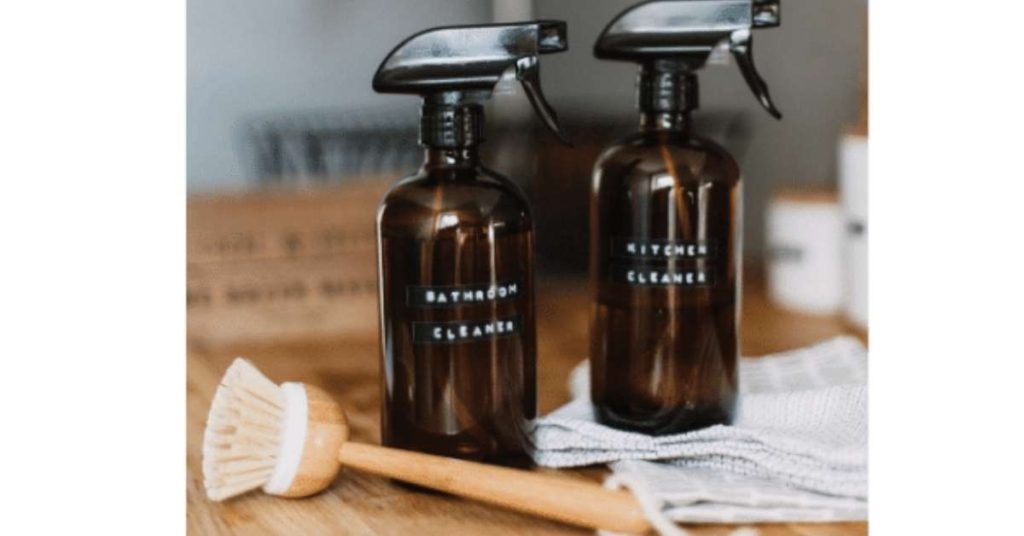
We are exposed to so many chemicals from our environment which can enter your body through the air we breathe, absorbing through your skin, and little babes putting everything in their mouth.
Here are the different areas to focus on making some changes
- Cleaners – choose products that have low hazard ranking on EWG or make DIY cleaners. Download the EWG Healthy Living app.
- Food storage – do not microwave food in plastic because it leaches chemicals. Replace plastic with glass.
- Cookware – avoid using non-stick cookware that contains PFAs, which includes Teflon. These forever chemicals do not biodegrade, and are toxic to the earth and our bodies. Instead use cast iron and stainless steel. Ceramic is an ok option too however they don’t last as long and they are newer to the scene so there aren’t many studies on long-term use.
- Take your shoes off so you don’t track toxins in from the street.
- Baby bottles – try to use glass if you can. Check out flow and life factory.
- Use a vacuum with a hepa filter and regular vacuum since chemicals can settle in to the dust
Final Thoughts
There are many things we can do to reduce our exposure to toxins and chemicals. By taking some simple steps, we can improve the quality of the air we breathe, the food we eat, and the products we use. We can also make changes in our environment to reduce our exposure to harmful chemicals.
Cheers to making a difference!
Brekke

